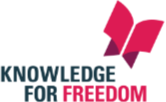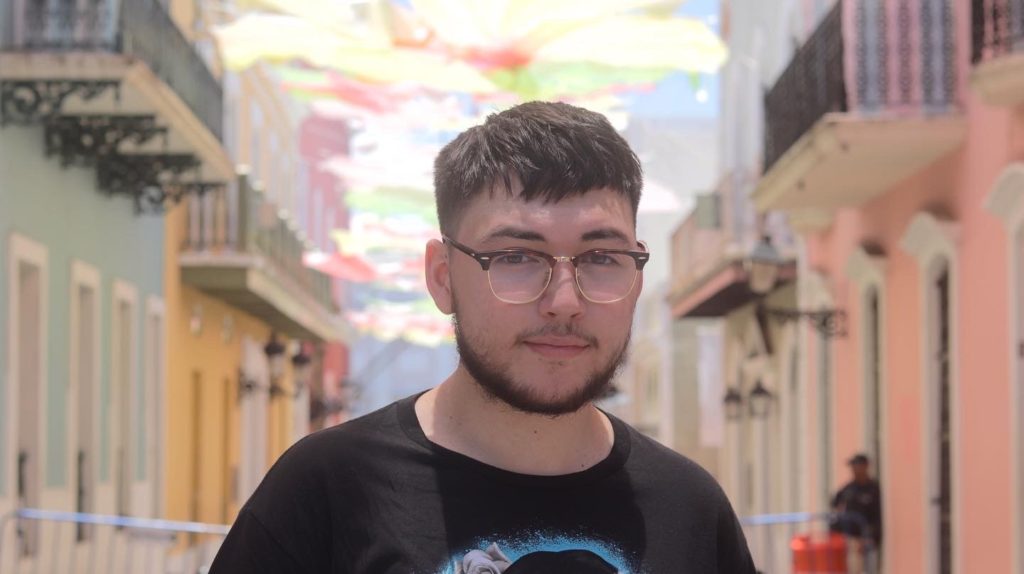At the Civic Leadership Summit, Antonio and I used the skills we learned at F&C back in 2019. For example, during F&C, we read excerpts from many exceptional authors and philosophers, including John Dewey, James Baldwin, and Frederick Douglass. To organize our reading group, we thought about our favorite writers and texts to share with City College students. We did 4 different sessions and had 4 different readings to choose from. We read Paulo Freire’s Pedagogy of the Oppressed, Readings in Criminology and Penology by David Dressler, an excerpt of Malcolm X and police brutality and finally we read the United States constitution. A total of 6 students joined the reading club and all our participants had hopes to learn more about political and social disruptions in modern societies, and to make new connections on campus.
While leading our reading group, I definitely gained a lot of leadership skills, especially when it comes to my public speaking. Something challenging for me was that there were times I might’ve mispronounced a name or made a point about something that turned into a rabbit hole of an explanation. But the most significant experience for me through the whole club was sharing readings that I felt were important with others who might enjoy them, which was what ended up happening! For example, when we talked about Freire’s understanding of dehumanization, a participant brought up the fact that certain groups in her old school had to stick together in order to prevail academically. She is from Pakistan and gave an example of when she felt there was a disconnect in her classes when she wrote about U.S. imperialism in Afghanistan and was challenged by one of her professors who disagreed with her views. She felt that many students of color can fall victim to professors or other students that hold a higher authority over them based on their class and race.
For our final meeting, we met up in person. I adored this meeting because we talked as a group about multiple topics for a few hours. (I also had not seen Antonio in person in a long time since High School ended!) It was very special to see these students being so in tune to their beliefs and trains of thought. They were very passionate about their community and would constantly participate. One member in particular opened up about her life and became vulnerable to me and Antonio, which then led to every one of us sharing something significant about one another. We got to know each other a little bit better and yet we still managed to discuss the readings.

